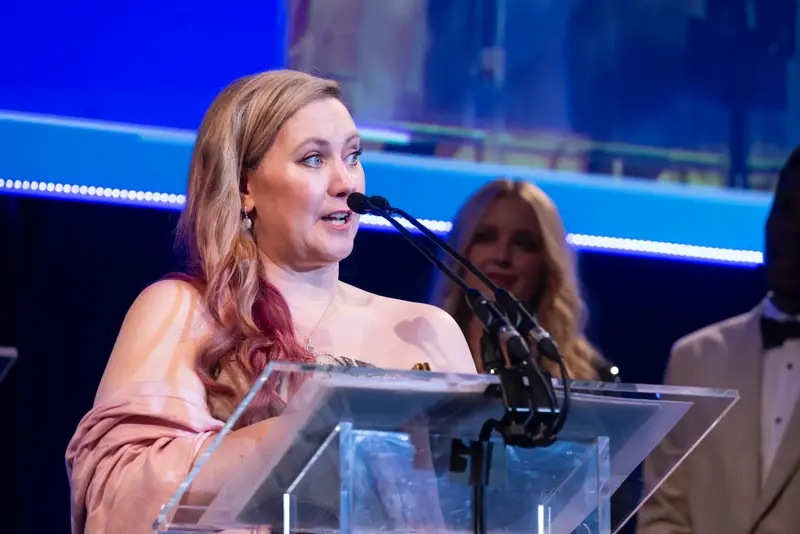You are viewing your 1 free article this month. Login to read more articles.
10 Questions: Mary Kubica
1. Sum up your novel in three words.
Isolation, regret, redemption.
2. Where did the initial idea come from?
The simple answer is: I don’t know. It was many years ago when I decided to write about the kidnapping of Mia Dennett and how or why this notion came to me, I can’t say anymore. I just know that one day the idea of a kidnapping – one which was not quite what it seemed to be – popped unexpectedly into my head, and as I began to write The Good Girl, the remaining details fell slowly into place.
3. How was the title chosen?
The novel is about the life and kidnapping of Mia Dennett, and yet Mia’s voice is rarely heard. It was important to me that the reader know that even though the book is told from the perspective of other characters – Mia’s mother, her captor, and the lead detective on the case – it’s the story of Mia’s ordeal; she’s the main protagonist who we see from the remaining characters’ eyes.
4. What’s your writing routine?
I write very early in the morning, for two main reasons. I am an early bird, for one; the ideas and inspiration come best around 5 a.m. with my first cup of coffee. I also have two young children at home, and squeeze my writing life into the early morning hours before they wake up. By 7 a.m. I usually have my writing career packed up for the day. I write here and there throughout the day as time allows, but those early morning hours are reserved solely for writing. The plotting and brainstorming, however, happen at all hours or the day or night. I don’t outline or take notes but prefer to dive right in, hopeful that at some point in the writing process the rest of the details will come.
5. Which book do you wish you’d written?
Before I Go To Sleep by S.J. Watson – genius! The novel is so smart. I can’t even begin to imagine the plotting that must have gone into the masterpiece, or how Watson fit the pieces together so perfectly and unexpectedly. The details in the novel are immense, and the overlay of bits and pieces of information put together beautifully. Very impressive! I couldn’t read this book fast enough.
6. What’s your favourite word in the English language?
Oblivious. Not for the meaning, which likely goes without saying, but for the way it sounds – delicate and fluid. I find it ironic that such a beautiful word has such a contrary definition.
7. Who’s your favourite fictional character?
This is a hard question, as there are so many fictional characters I admire for various reasons, and yet I would have to say Lieutenant Frederic Henry from Ernest Hemingway’s A Farewell to Arms, for the simple fact that I fell in love with him.
8. What was your favourite book as a child?
The Eyes of the Amaryllis by Natalie Babbitt – without a doubt. I’m fond of all of Ms. Babbitt’s novels, but this is by far my favorite. I can’t tell you how many times I have read this book. It seems that even as a child I had a fondness for mystery and suspense! I haven’t read The Eyes of the Amaryllis in maybe 20 years now, but I still have entire excerpts of the novel stored away in my mind. I’m looking forward to the day my own daughter is old enough that we can read this together. I hope she loves it as much as I do.
9. What book are you recommending to everyone at the moment?
I’m often recommending books to family and friends. There are three that I’ve read very recently that I’m telling anyone and everyone they have to read: Little Mercies by Heather Gudenkauf, Hush Little Baby by Suzanne Redfearn and Just What Kind of Mother Are You? by Paula Daly, all edge-of-your-seat thrillers that also tug at the heartstrings. As a mother myself, each of these novels appealed to one or more of my greatest fears of motherhood.
10. What do books and reading mean to you?
Books provide that wonderful ability to escape our own reality and take on another for a short amount of time. This is why I love them so much – for the way I can set aside whatever is going on in my life, and become someone else for a while.
The Good Girl by Mary Kubica is out this week from Mira Books.















